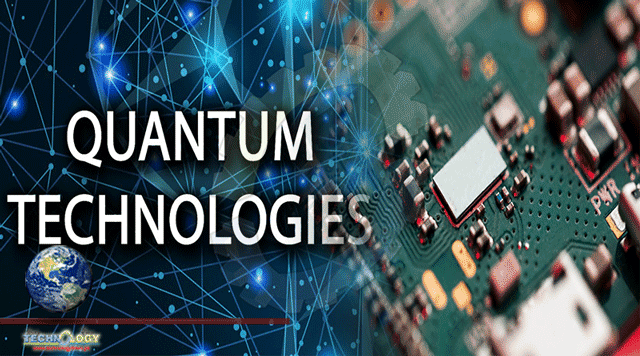Targets Include Growing The Bloc’s Share Of The Global Semiconductor Market And Advancing Quantum Technologies.

The EU is laying out its plan for the next decade of research, engineering and manufacturing of digital technologies. Targets Include Growing The Bloc’s Share Of The Global Semiconductor Market And Advancing Quantum Technologies. The EU’s ’2030 Digital Compass’ plan – presented this week by the European Commission – lays out the bloc’s ambitions to advance its digital technology sectors. An important part of the plan is boosting its production of next-generation semiconductors, detangling its tech supply chains from China.
This has also been prioritised in the US by the Biden administration, which is seeking $37bn in funding to boost domestic semiconductor manufacturing in an ambitious effort to establish supply chains for the US technology industry, independent from Chinese companies. Among other sectors, automotive manufacturing has been impacted by a shortage of chips associated with the Covid-19 pandemic: Ford, Toyota, Nissan and Fiat Chrysler Automobiles (FCA) are among the companies forced to limit vehicle production.
European companies are particularly vulnerable to chip shortages, given its “high-risk dependencies” on East Asian and US semiconductor manufacturers in the absence of a significant chipmaking presence in the region.
Bloomberg reports that the EU’s executive body has concluded: “A reduction in critical dependencies will enable the EU to become digitally sovereign and better assert European interests.” The body acknowledged the critical importance of semiconductors due to the vast range of their applications, which spans automotive engineering; cloud computing; mobile devices; IoT devices, and artificial intelligence.
According to reports, the EU aims to produce a fifth of the global output of cutting-edge semiconductors by 2030. An official document seen by Reuters states: “It is our proposed level of ambition that by 2030 the production of cutting-edge and sustainable semiconductors in Europe including processors is at least 20 per cent of world production in value.” The details contained in the document could change before the announcement of the Digital Compass plan.
Specifically, the EU is eyeing production of “ultra-efficient” semiconductors with a higher performance than the state-of-the-art 5nm semiconductors currently being manufactured by industry leaders Samsung and TSMC. Establishing new foundries to meet the EU’s goal will require commitment to long-term investment.
The plan also includes a target to develop its first quantum computer (complexity not specified) in five years. It acknowledged the importance of quantum technologies in research, such as the development of new therapeutics and to accelerate genome sequencing. “It is our proposed level of ambition that by 2025, Europe will have the first computer with quantum acceleration paving the way for Europe to be at the cutting edge of quantum capabilities by 2030,” the document stated.
Other ambitions include creating 10,000 climate-neutral cloud computing facilities to support businesses and allow them to have their data processed in the EU; doubling the number of unicorns (start-ups with a valuation of at least $1bn) by improving access to financial support; providing Gigabit-capable connectivity to all European households; reaching 20 million IT specialists with gender parity; reaching seven per cent of businesses using cloud computing, big data and AI, and deploying 5G to all populated areas in Europe.
All these goals have a target date of 2030. It is understood that the documents to be presented this week do not contain the finer details of how these targets will be reached. A monitoring system will be set up to measure progress towards these targets and an annual report will be published to share this progress. The plan will require approval from all EU member states and the European Parliament.
This news was originally published at EandT The IET.